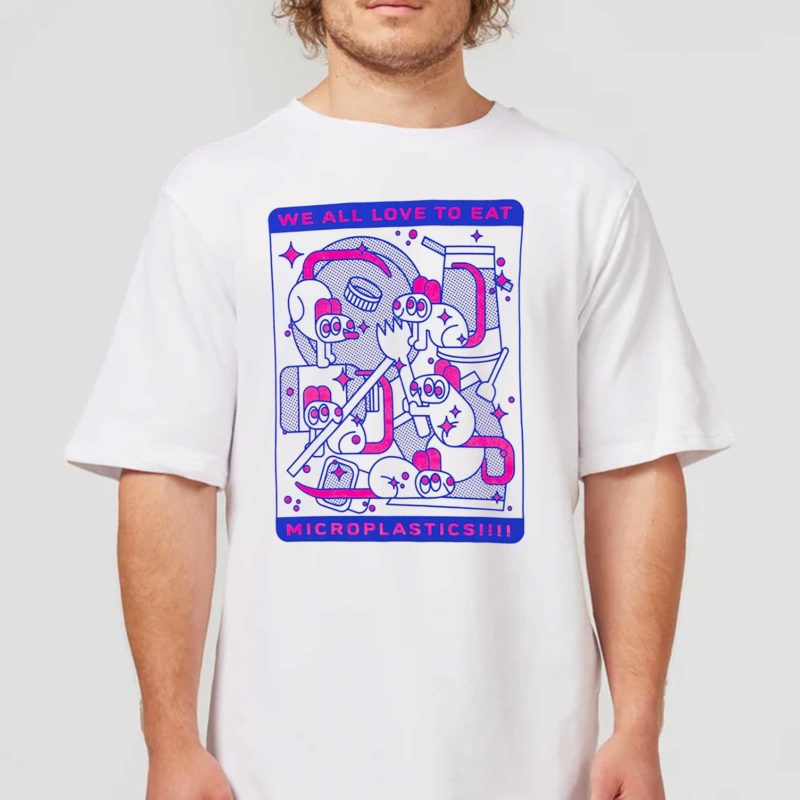No products in the cart.
Uncategorized
Join the Fight Against Microplastics with Our Exclusive Shirt!

Join the Fight Against Microplastics with Our Exclusive Shirt!
Raise awareness and take a stand against microplastic pollution with our “We All Love to Eat Microplastics” shirt! Made from premium materials and featuring a powerful message, this shirt is perfect for eco-conscious individuals who want to make a difference.
Why Choose Our Shirt?
- Environmental Awareness: Show your commitment to protecting our planet by wearing a shirt that highlights the issue of microplastic contamination in our food and water.
- Premium Quality: Crafted from high-quality materials, our shirt offers comfort and durability, ensuring you’ll feel great wearing it while making a positive impact.
- Conversation Starter: Spark important discussions about environmental conservation and the need to reduce plastic waste every time you wear our eye-catching shirt.
- Limited Edition: Don’t miss your chance to own this exclusive piece of merchandise. With limited availability, it’s a unique addition to your wardrobe that sends a powerful message.
Join the Movement Today!
Stand up against microplastic pollution and make a statement with our “We All Love to Eat Microplastics” shirt!
Get Yours Now and Be Part of the Solution!
Hurry, before they’re all gone! Click the link below to order your shirt today and join the fight to protect our planet from plastic pollution!
#Microplastics #EnvironmentalAwareness #EcoFriendlyFashion #LimitedEdition #StandUpForThePlanet #BeTheChange
A recent study published in Environmental Pollution has shed light on a concerning issue: microplastics are pervasive in nearly all American proteins, including meat, fish, and plant-based alternatives.
The study reviewed a wide range of protein sources commonly consumed in the United States and found that a staggering 88 percent of them contained some form of microplastics.
These minuscule plastic particles, comparable in size to grains of sand or human hairs, pose significant health risks.
According to the researchers’ analysis of Americans’ annual protein consumption habits, the average individual ingests approximately 11,500 microplastics per year. Shockingly, the highest consumers of protein may be exposed to as many as 3.8 million plastic fragments and fibers annually.
This discovery underscores the urgent need for further research and action to address the pervasive presence of microplastics in our food supply and mitigate the potential health implications associated with their consumption.
